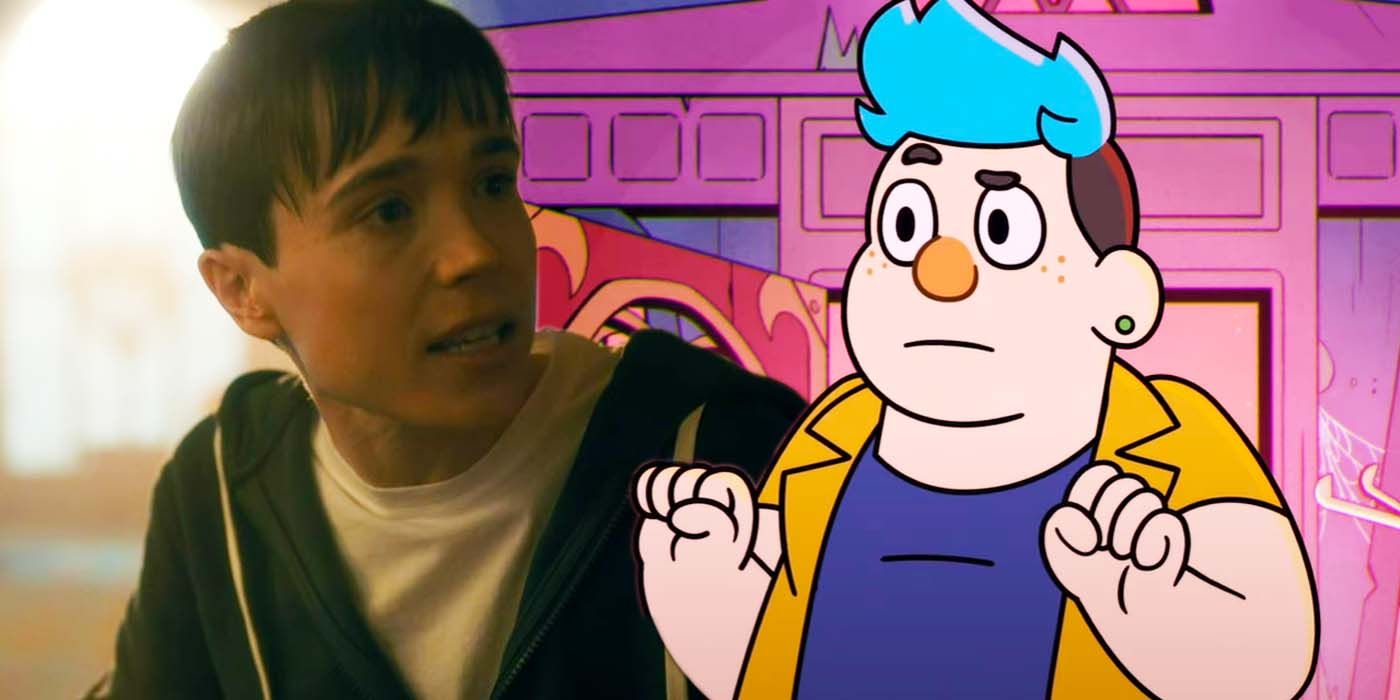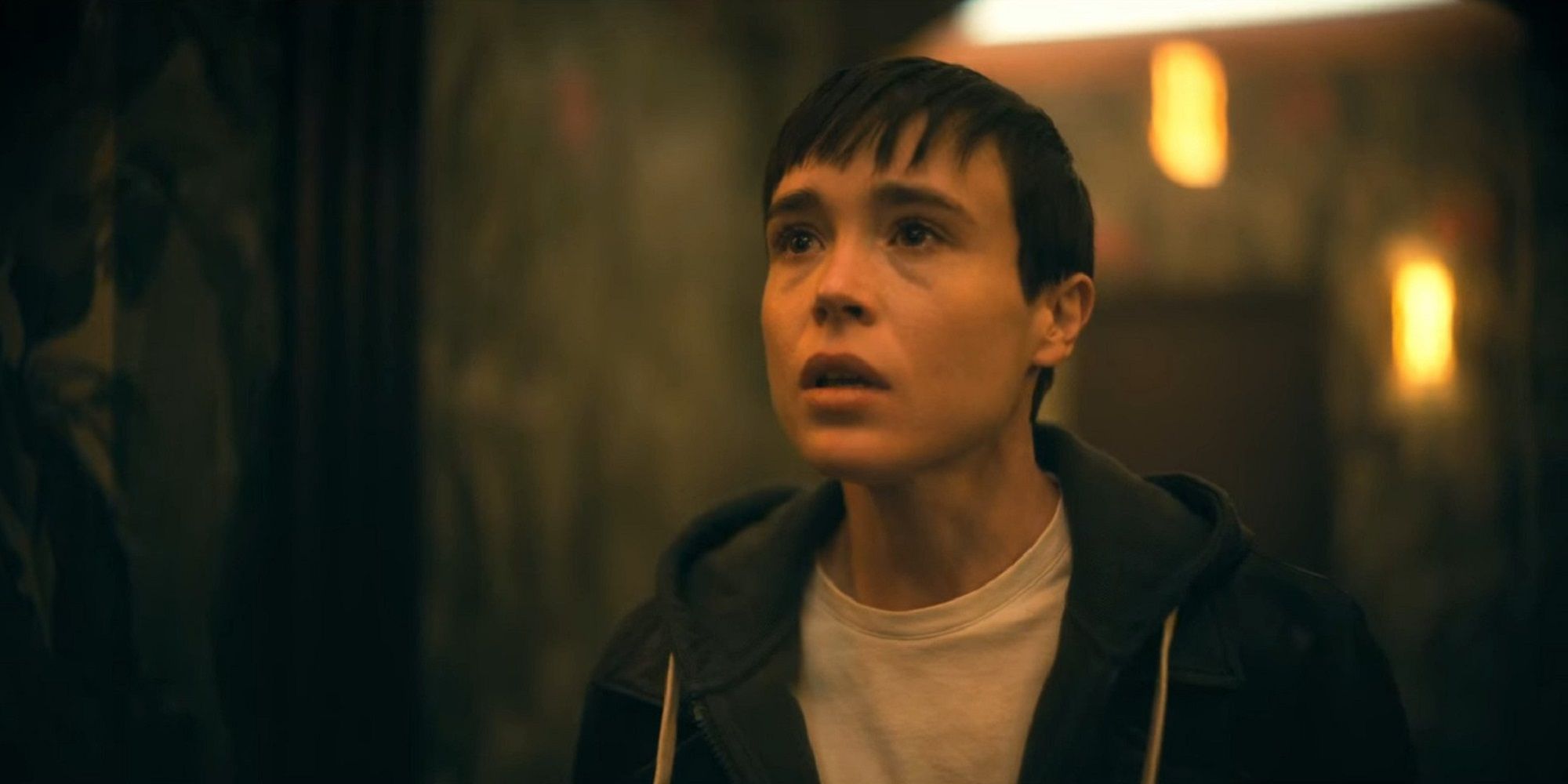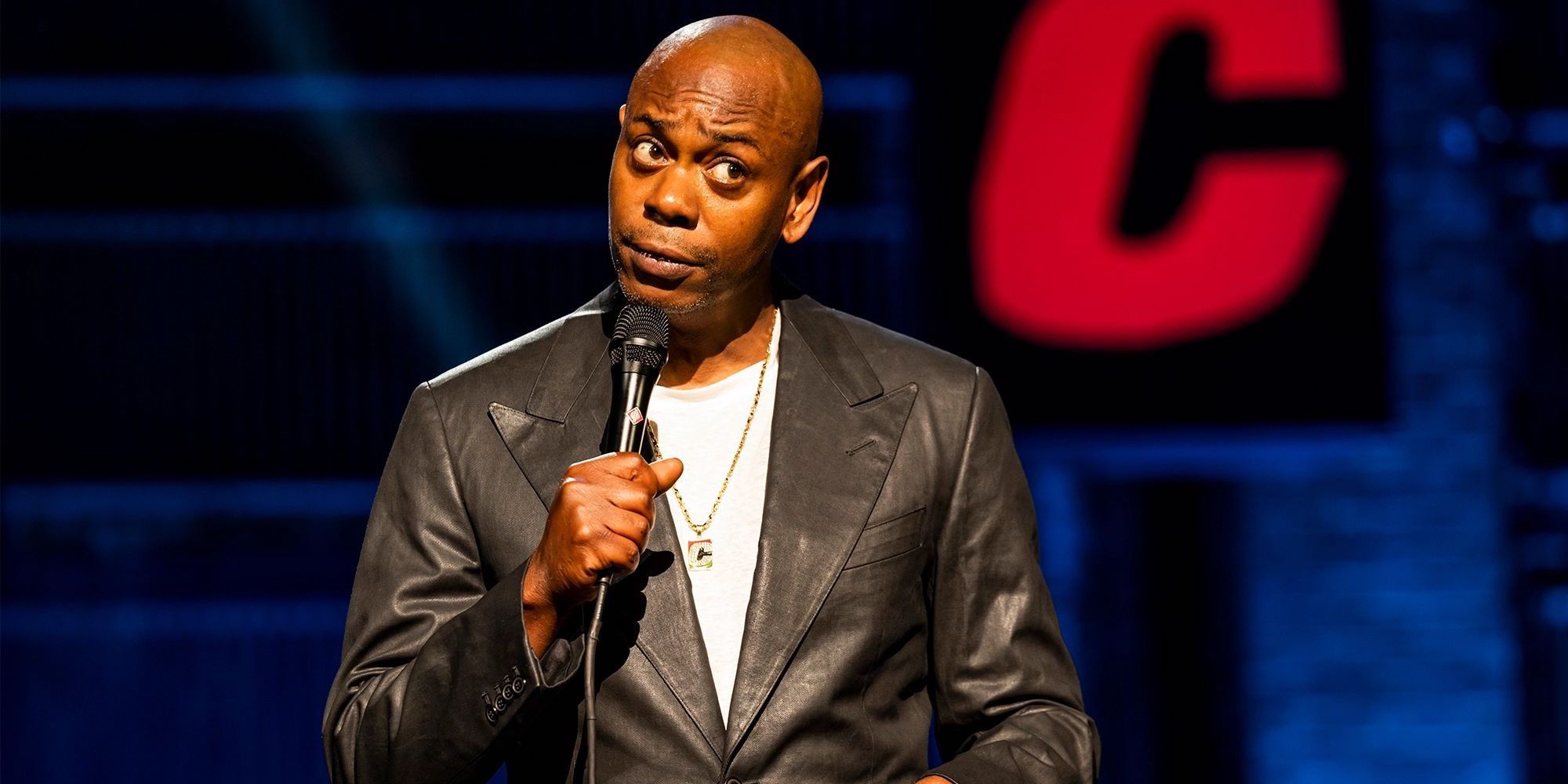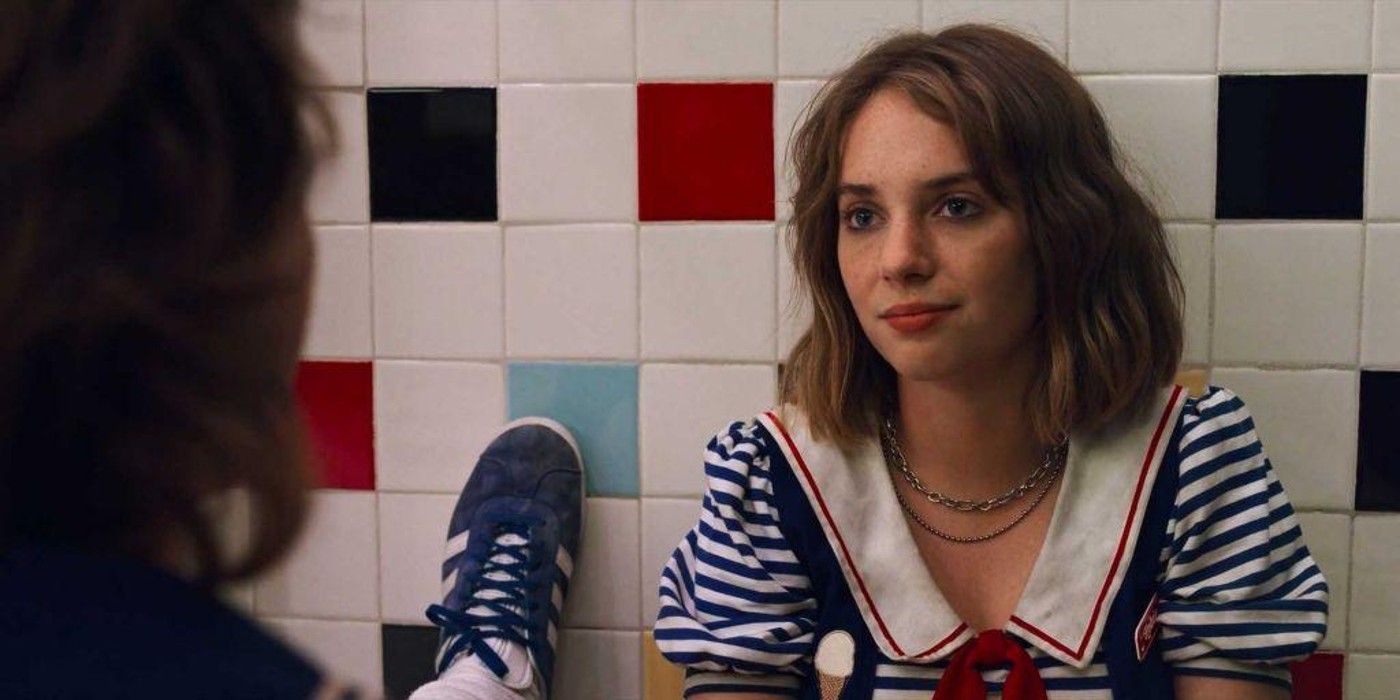Netflix has been releasing new content with some massively positive LGBTQ+ representation, however, there is a larger negative problem with the platform that viewers cannot ignore. Recent years have seen a shift in media in general towards greater positive LGBTQ+ representation and storytelling. While there have been plenty of missteps along the way, even Disney’s checkered history with queer representation is now leaning in a more positive direction.
While some are often quick to accuse LGBTQ+ representation in media of being a purely political move, it plays an important role in society at large. For queer individuals, it can be important to see their lives, struggles, and joy portrayed in the media they consume, and for people outside the community, it can give a better understanding of LGBTQ+ people and how to support them. This is always important, but it is particularly relevant in the 2020s as countries like the United States have seen an exponential increase in anti-LGBTQ+ policies and legislation.
Netflix is providing some of that important positive LGBTQ+ representation and should be lauded for that. However, Netflix is also promoting keystone content that actively harms the LGBTQ+ community by platforming transphobic and homophobic content and talking points. Here’s a breakdown of Netflix’s recent positive and negative LGBTQ+-related content, their plans for the future, and why what they’re doing is a problem.
Netflix's New LGBTQ+ Content Is Great
Netflix has had a particularly strong run of positive LGBTQ+ representation with multiple shows including important LGBTQ+ characters and stories, shows that focus on explicitly queer central narratives, and content that has helped to spotlight LGBTQ+ actors and writers. In April 2022, Netflix released Heartstopper, a romantic high school drama based on Alice Oseman’s graphic novel of the same name, which tells the story of Charlie and Kit and their experiences with coming out as gay. The show has been well-received critically and been praised by the LGBTQ+ community. In perhaps Netflix’s most high-profile series, in May 2022 Stranger Things season 4 brought the return of Robin and dealt with the issues surrounding being a lesbian in the 1980s (even if it has been wary about committing explicitly to Will Byers’ sexuality).
For Netflix, June 2022 saw even more great LGBTQ+ representation. On June 16 the platform released Dead End: Paranormal Park, a fantasy horror comedy that has been called a “Queer Scooby-Doo” (via Collider). The animated series focuses on a trans boy, is based on the comics by trans creator Hamish Steele, and features an extensively LGBTQ+ cast and crew. Finally, on June 22, 2022, Netflix released The Umbrella Academy season 3, which brought back Elliot Page after they came out as trans in December 2020. Page’s return and Viktor Hargreeves’ transition were perfectly placed within the show, as the change was neither dismissed, nor took over the entirety of Viktor’s character arc. Netflix is certainly putting out great LGBTQ+ content and providing LGBTQ+ actors and creators with a platform.
Netflix’s Comedy Specials Undercut Their Efforts
While Netflix’s new influx of positive LGBTQ+ content is great, the focus on this marginalized community is being undercut by another of the streaming platform’s focuses. Netflix has a few things that set it apart from other streaming platforms that create their own content. These are big TV shows that have become synonymous with Netflix, such as Stranger Things and The Umbrella Academy, and Netflix-original comedy specials. While they have provided a platform to a diverse range of comedians, starting in 2021, Netflix started to heavily promote a particular brand of comedy that focused on anti-LGBTQ+ humor, with transphobic jokes often making up the bulk of that.
In October 2021, Netflix released Dave Chappelle’s The Closer. In the special, the comedian delivered a glut of jokes that were thinly-veiled anti-trans rhetoric. In response to the release of the special, Netflix employees protested with a walkout and there were calls for the special to be removed. However, Netflix CEO Ted Sarandos insisted that Chappelle’s special remain available and attempted to minimize the idea that the hateful jokes could cause real-world harm. Since then, it has become known that Chappelle has an ongoing contract with Netflix that guarantees him $20 million for every new special, as well as the production Chappelle’s Home Team, a selection of Netflix specials where Chappelle introduces other comedians.
Dave Chappelle’s transphobic jokes and continuing specials with Netflix are not an isolated case however. In May 2022, Netflix released Ricky Gervais’ special SuperNature which received similar backlash for its jokes, which attacked the trans community and promoted HIV misinformation as it took aim at the wider LGBTQ+ community. The special led to a statement from GLAAD that declared the special to be dangerous. While this backlash was still at its peak, it was announced that Netflix had already signed Ricky Gervais to create another special for the platform.
Netflix’s Subscriber Loss Has Them Playing Both Sides
While Netflix has always been one of the streaming giants, in recent years it has seen marked growth in the competition. Perhaps most notable has been the advent of Disney+ which, with its wealth of large franchises, has even pulled the original Netflix Marvel shows over to stream exclusively on their own platform. Netflix appears to have been struggling for a while, as they have tried different release structures to try to compete and in Q1 of 2022 they reported a loss of 200,000 subscribers with an expectation of further losses as the year progressed.
It is entirely possible that finding themselves no longer on the top of the pile and struggling to compete in the changing market is what has led to such a strange combination of content produced by Netflix. While they’re employing LGBTQ+ creators, cast, and crew on several of their big TV shows and appealing to a more progressive base, they’re trying to play both sides. By spearheading comedy specials that attack “cancel culture” “wokeness” and LGBTQ+ identities, they are able to appeal to more conservative audiences at the same time. Unfortunately for Netflix, these approaches are so antithetical that they struggle to coexist. Perhaps unsurprisingly, the release of anti-LGBTQ+ rants in the form of comedy specials has led to boycotts, with even those keen to see the more progressive TV shows subscribing only for the release window and then canceling their plan once again. While Netflix is trying to appeal to the extremes of potential audience bases, if they want to be truly successful and on the right side of history, they need to drop their problematic anti-LGBTQ+ comedians.
Want more LGBTQ+ Content? Check out our essential reading below...
- Can Straight Actors Take LGB Roles Now? It's Complicated
- Hollywood's "Bury Your Gays" Trope Explained: History & Controversy
- What If Poe And Finn Had Been A Couple In Star Wars
- DC Can Fix Supergirl’s Cancelation Mistake With 1 Perfect Spin-Off
- How Steven Universe Opened The Door For New LGBTQ+ Cartoons
- Last Airbender Movies Can Make Avatar's LGBTQ+ Representation Even Better
- Why Bride Of Frankenstein Is Considered An LGBTQ+ Icon
- Alfred Hitchcock's First Color Movie Is Secretly An LGBTQ+ Masterpiece
- Nickelodeon Perfectly Highlights Pride Over 30 Years
- How The DCAU Created DC’s Best LGBTQ+ Characters
- Genius Disney Theory Reveals Broken Villains Share A Tragic Origin
- DC Vs. Marvel Who Is Better At LGBTQ+ Representation In Movies?
- LGBTQ+ High School Dramas Still Make 1 Major Mistake
- Frozen 3 Should Make Elsa's LGBTQ Identity Canon (But Not With A Partner)
- Star Trek: A Queer History Of The Franchise




